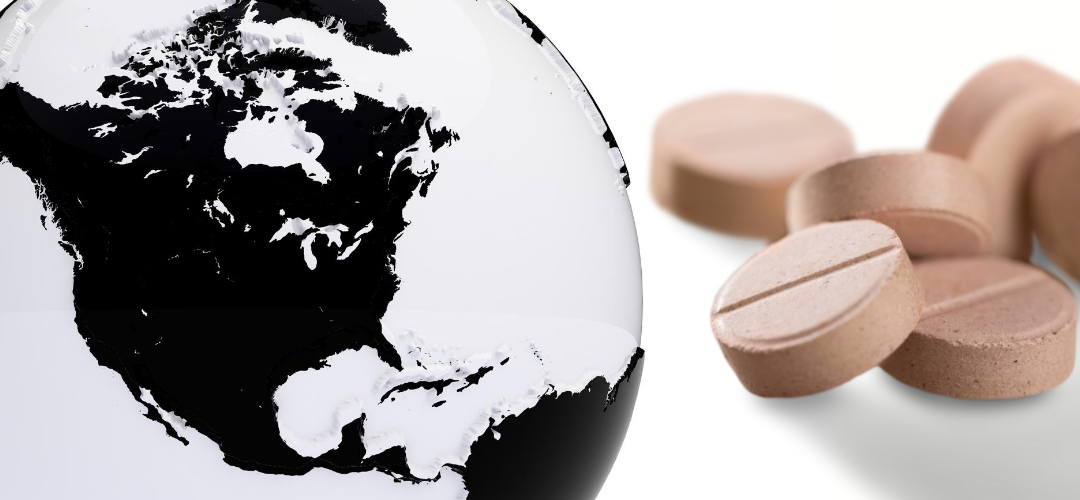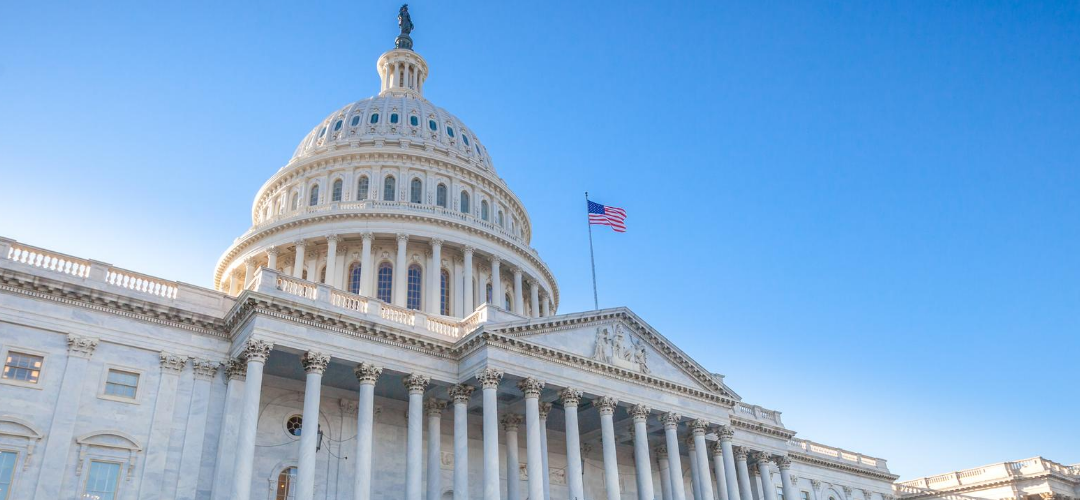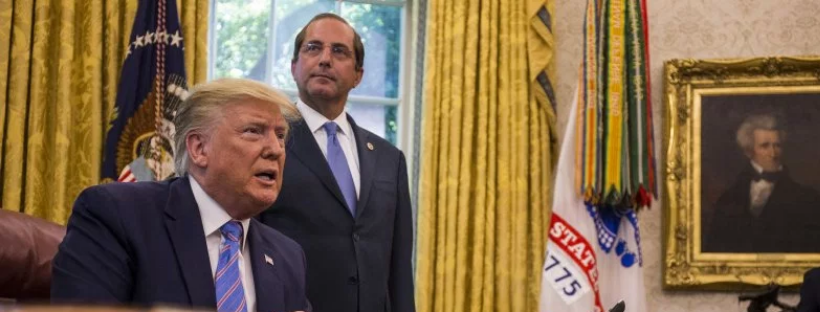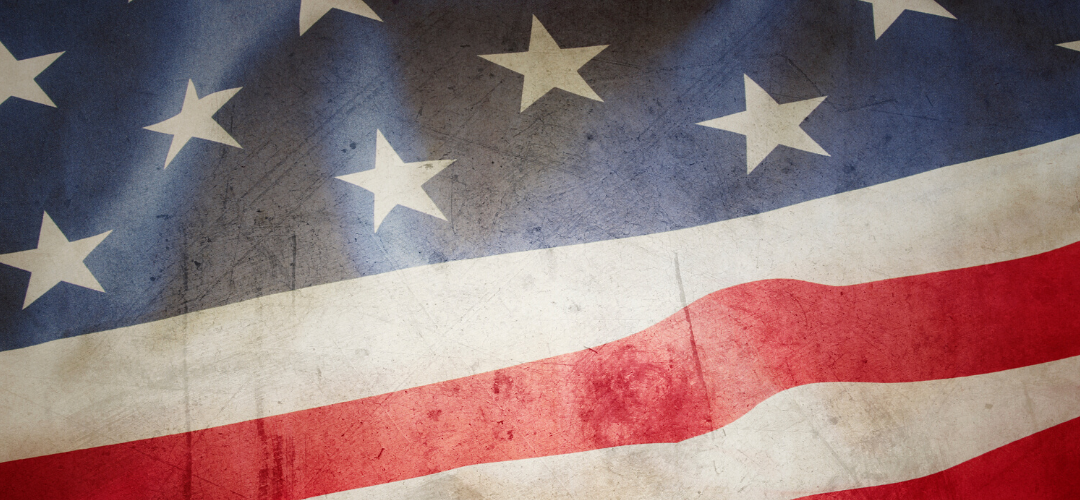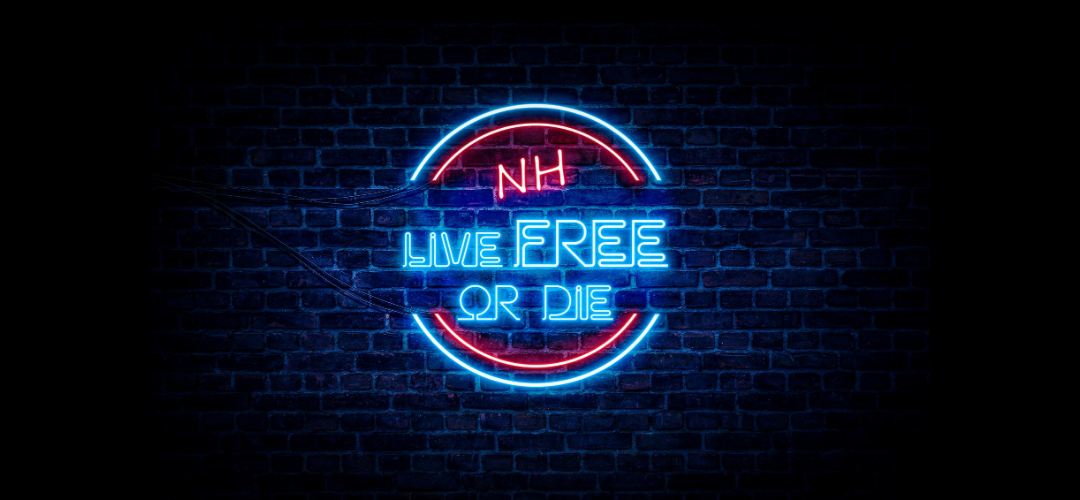by Gabriel Levitt, President, PharmacyChecker.com and Prescription Justice | Aug 13, 2020 | Politics and policy
Trump’s executive order on drug importation directs the Secretary of Health and Human Services (HHS) to grant waivers expressly allowing personal drug importation. Unlike most of his executive orders, this one is fully consistent with federal law [18 USC 384(J)] (“Part J”). During the executive order signing ceremony a few weeks back, HHS Secretary Alex Azar bragged about Trump’s willingness to move forward on personal importation:
“Presidents before you have promised over and over again to allow importation; the safe importation of drugs from lower cost countries, you’re the first present to deliver on it.”
Not so fast! The executive order does empower greater action on Part J but a next step is where the rubber hits the road. What Americans want now, Republicans and Democrats among them, is to receive those waivers!
(more…)
by Gabriel Levitt, President, PharmacyChecker.com and Prescription Justice | Aug 7, 2020 | Drug Prices
Congress is on my mind this week. There’s a lot of talk on PharmacyCheckerBlog about Big Pharma doing this and Big Pharma doing that to keep drug prices high in America. Most often, I aim to expose them for outright lying or exaggerating about the risks of buying cheaper meds from foreign countries using online pharmacies. Criticism of the FDA follows a close second, and in large part due to Big Pharma’s outsized influence on the agency. But who could really enact change? Congress!
This week, we at Prescription Justice announced the new Congressional Report Card on Drug Prices. Our team graded all members of Congress on their action and inaction on drug prices. I’m intensely proud of these efforts. If Congress passed laws that led to lower drug prices in the United States, then Americans would not be forced to obtain medication in other countries – at least not to the extent that they have to now. The lifeline of safe international online pharmacies is important, but it should not be in such great demand.
(more…)
by Gabriel Levitt, President, PharmacyChecker.com and Prescription Justice | Jul 28, 2020 | Drug Importation
Originally published on PharmacyChecker.com.
Three executive orders were signed by President Donald Trump last week. One of them is all about drug importation: measures already underway and new actions to help Americans buy more affordable prescription drugs from other countries. It has the potential to help many millions of Americans who are sick and tired of high drug prices or can’t even afford the medications prescribed to them.
The executive order states that the “Secretary of Health and Human Services shall, as appropriate and consistent with applicable law, take action to expand safe access to lower-cost imported prescription drugs by…”
Stopping right there, before listing the stated actions, you should know that it’s not accidental that the executive order uses the word “expand” when referring to safe access to lower-cost, imported prescription drugs.
(more…)
by Gabriel Levitt, President, PharmacyChecker.com and Prescription Justice | Jul 25, 2020 | Drug Importation
Originally Published as A Blueprint to Understand Executive Authority on Allowing Safe Personal Drug Importation on PrescriptionJustice.org.
Yesterday, President Trump announced four executive orders with the stated intent of substantially lowering drug prices. Briefly, the administration’s bluster on drug prices over the past three years has been far louder than any actions taken to actually do something about it. Better late than never.
The orders call for and include: 1) Lower prices on EpiPens and insulin, 2) Allowing personal drug importation, 3) Ending profit-taking by pharmacy benefit manager middlemen, and 4) “most favored nation” drug price negotiation in Medicare, meaning Medicare would get the lowest price on drugs of any country.
(more…)
by Gabriel Levitt, President, PharmacyChecker.com and Prescription Justice | Jul 23, 2020 | Drug Importation
Last week, yet another state, New Hampshire hopped on the Canadian drug importation bandwagon. Joining Vermont, Florida, Colorado, Maine and New Mexico, New Hampshire passed a law that would permit registered wholesale pharmacies to import lower-cost drugs from registered Canadian wholesale pharmacies. I have supported the initiative from the beginning, when the National Academy for State Health Policy (NASHP) came out with model legislation on drug importation from Canada. But now, frankly, I am annoyed. New wholesale drug imports from Canada can be helpful, but the issue seems to be used for political purposes. State legislators and governors, by passing Canadian drug importation laws, can say they are doing something, but nothing is actually happening.
One of the best opposing arguments surrounding these laws is that Canada is too small a country to take on large wholesale prescription drug exports to the U.S. With more and more states getting onboard with importation, the problem of Canada’s size becomes more salient. Expanding importation to the European Union is the key and yet this new state legislation, as well as federal law, does not address that.
(more…)
by Gabriel Levitt, President, PharmacyChecker.com and Prescription Justice | Jul 17, 2020 | Drug Importation
A recent study in the Journal of the American Medical Association (JAMA) concluded that about 2.3 million people in the U.S. import medicine each year to save money. According to that same study, Hispanics in the U.S. are almost four times more likely to have imported medicine than non-Hispanic white people. I believe the percentage of Hispanic people is so much higher due to four main factors.
The first two factors are quantitative findings:
First, in 2018, almost 18% of Hispanics did not have health insurance, compared to only 5.4% of White and 9.3% of Black people. The JAMA study found that people who were uninsured were over three times more likely to import medicine than the insured.
Two, the JAMA study found that 4.4% of immigrants imported medicines for personal use, 3.2 times more than the average consumer. According to Pew Research, about 21% of Hispanics living in the U.S. are not American citizens, and 44% of all immigrants report Hispanic or Latino backgrounds.
(more…)

